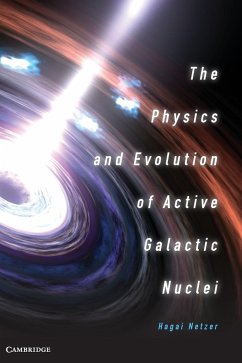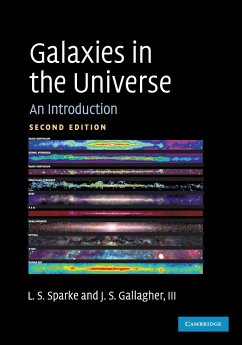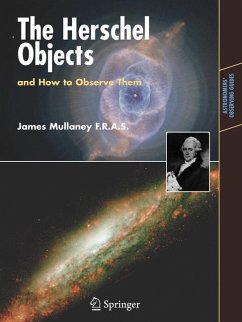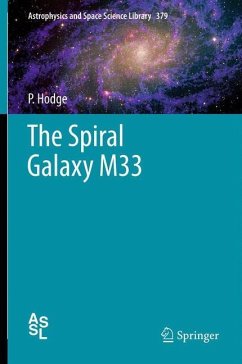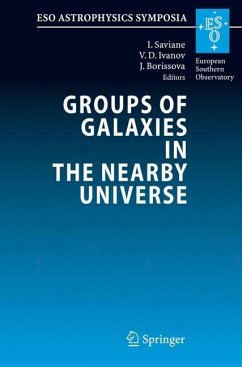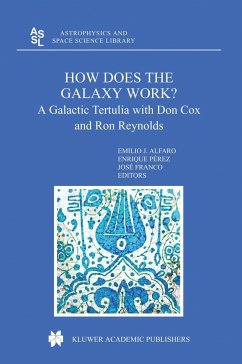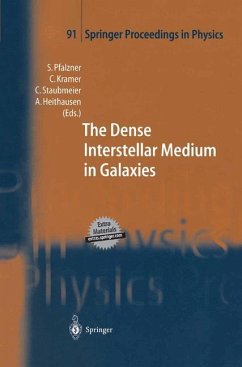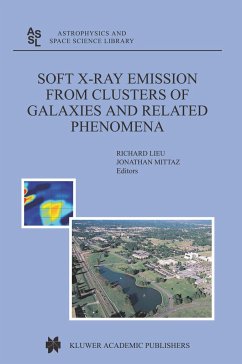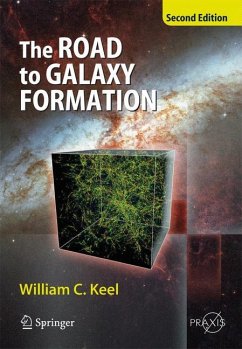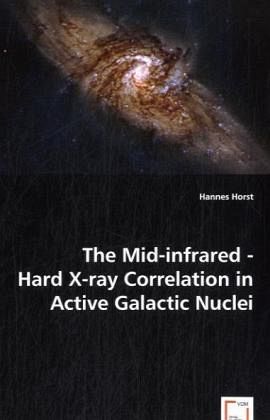
The Mid-infrared - Hard X-ray Correlation in Active Galactic Nuclei
Versandkostenfrei!
Versandfertig in 6-10 Tagen
39,99 €
inkl. MwSt.

PAYBACK Punkte
20 °P sammeln!
Active Galactic Nuclei (AGN) are among the most fascinating Astronomical objects. They are the most powerful non-transient sources in the Universe and have been studied extensively for more than 40 years. The cornerstone of the so-called Unified Scenariofor AGN is the existence of an obscuring torus. While this scenario has proven very successful, little is known about the physical state of the torus itself. In this work, the author presents high spatial resolution mid-infrared (MIR) imaging of 25 nearby AGN. He investigates the correlation between the rest frame 12 micron and absorption corre...
Active Galactic Nuclei (AGN) are among the most fascinating Astronomical objects. They are the most powerful non-transient sources in the Universe and have been studied extensively for more than 40 years. The cornerstone of the so-called Unified Scenariofor AGN is the existence of an obscuring torus. While this scenario has proven very successful, little is known about the physical state of the torus itself. In this work, the author presents high spatial resolution mid-infrared (MIR) imaging of 25 nearby AGN. He investigates the correlation between the rest frame 12 micron and absorption corrected 2-10 keV luminosities. Since the X-rays originate in the accretion disc and the MIR continuum is accretion disc radiation reprocessed in the torus, this method provides constraints on the torus geometry. The results of this study are best explained by a clumpy dust distribution within the torus. Furthermore, they indicate that within the observed luminosity range, the geometry of the torus does not evolve with luminosity. Further implications of the presented data concern low luminosityand highly obscured AGN.



